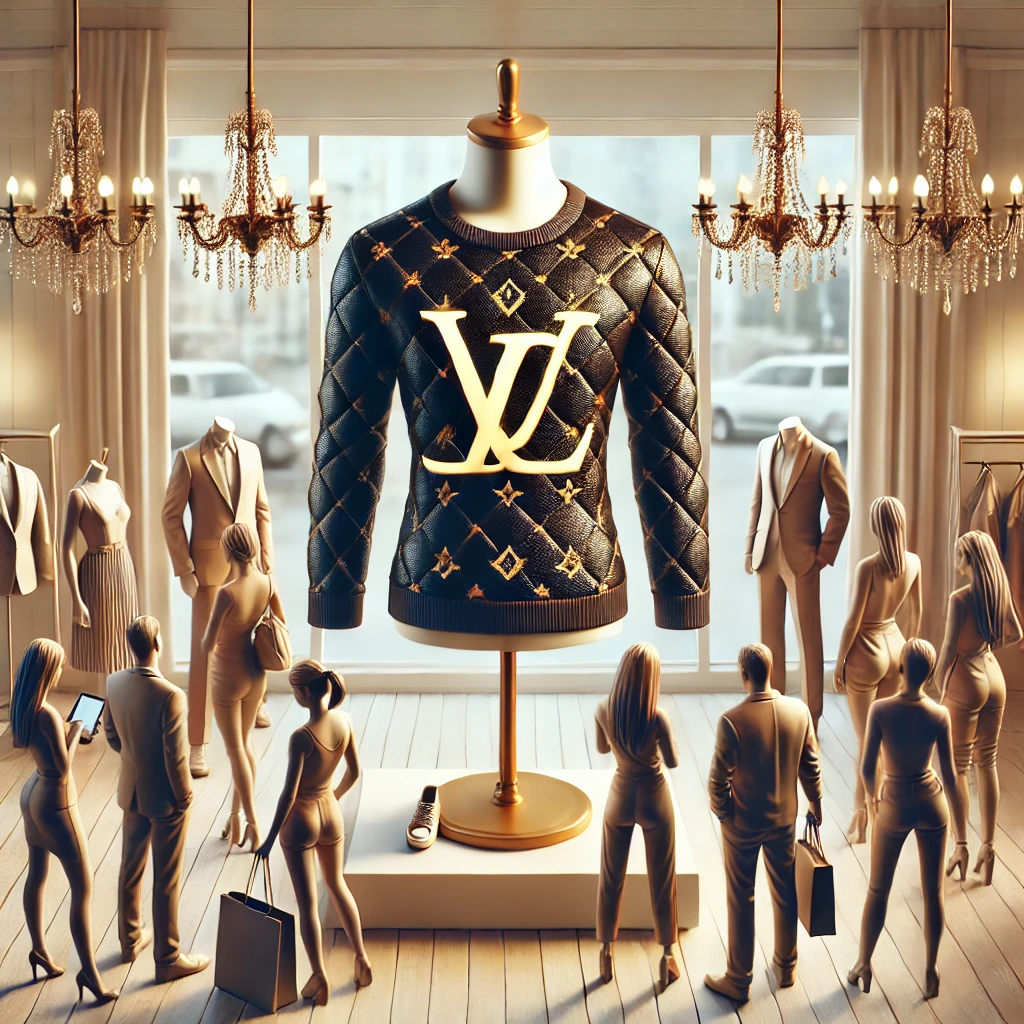Your basket is currently empty!
Ethical Fashion: Can Luxury Brands Truly Be Sustainable?

Sustainability is the buzzword of the decade — and fashion, one of the world’s most polluting industries, is under increasing pressure to change. But what happens when we put ethical values under the microscope of luxury fashion? Can high-end brands, built on exclusivity and consumption, ever truly be sustainable?
It’s a complex question. On one hand, luxury brands have advantages: they produce in smaller quantities, use higher-quality materials, and often have longer product lifecycles. A well-made Burberry coat might be worn for decades, passed down, or resold. In contrast, fast fashion is made to be disposable.
Many luxury houses are now incorporating eco-conscious initiatives:
- Gucci has gone carbon neutral.
- Stella McCartney is a pioneer in cruelty-free and sustainable fashion.
- Chloé became the first luxury brand to gain B Corp certification, proving commitment to environmental and social performance.
But the critique remains: is sustainability a marketing tool, or a true shift in values?
Transparency is key. Consumers want to know where materials come from, who made their clothes, and how brands treat their workers. Glossy campaigns won’t cut it anymore — facts and certifications speak louder than aesthetics.
The other challenge is scale. Luxury brands must grow to please shareholders, but endless growth and sustainability don’t always align. This contradiction forces a deeper conversation: maybe the future of luxury is not more, but better.
Can luxury be ethical? Yes — if it commits to depth over surface, transparency over secrecy, and responsibility over reputation.
Leave a Reply